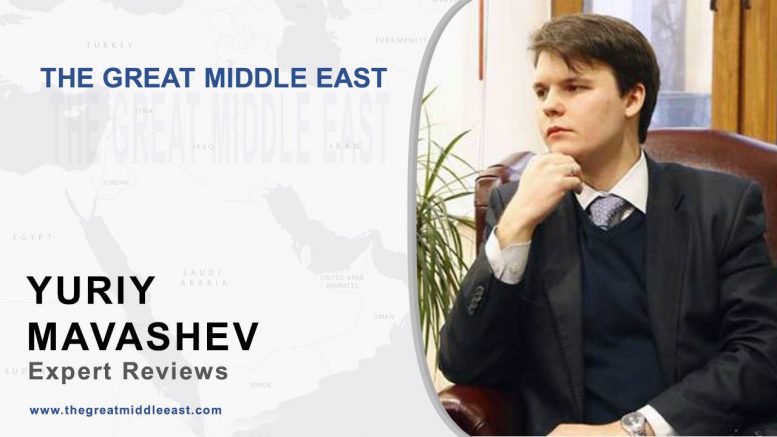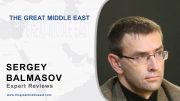Recently, at the initiative of the Turkish side, there was a telephone conversation, in which the parties discussed a number of issues of mutual interest, including the construction of nuclear power plant in Akkuyu and implementation of the “Turkish Stream” project. But also, the two countries, in varying degrees, are involved in the conflict in Syria, which is not less important. With a request to comment on the situation, we turned to the head of the political direction at the Center for Studies of Modern Turkey Yuriy Mavashev.
Do you think that these plans will once again be shelved because of Turkey’s actions in Syria?
To answer this question we need to trace the processes that preceded the actions of Turkey in Syria. As is known, since last November the Russian-Turkish relations have been seriously tested. Today, there is reason to believe that we are witnessing the evolution in thinking of the two countries’ leaders, in terms of perception of each other in global politics. Previously it was reasonably noted that cooperation between Russia and Turkey has been overshadowed by disagreements over Syria, tip of the iceberg of which resulted in a well-known incident with a Russian SU-24M bomber. But in fact, it was only a model of collision of our interests. It could manifest itself in almost anything. It is about points of contact between our countries. And there are quite a lot. Reluctance to see each other as independent players, whose interests must be taken into account as your own, or at least should be considered – has led to serious consequences. Of course, with such benchmarks – the rupture of relations was only a matter of time.
At this point, the background of bilateral relations includes not only an apology letter from the President of Turkey Recep Tayyip Erdogan, but also the unconditional support of Russian leader Vladimir Putin to his colleague on the night of July 15 coup. It was the highest point of reconciliation. There is no doubt that these steps do not just “mean a lot”. They are priceless, in a certain sense. If you put such support at a critical moment on one side of the scale, then, I suppose, any disagreement, even over Syria, is pushed into the background, receiving a powerful impetus for its resolution.
Indeed, if last year, at the G20 summit in Antalya, Russian President Vladimir Putin could hint at Turkey’s support of illegal armed groups in Syria, then now Chief of the General Staff of the Armed Forces of Russia Valery Gerasimov, in mid-September, visited Ankara to meet with his Turkish counterpart Hulusi Akar. This is an unprecedented phenomenon so far. In addition, the leaders of the two countries surprisingly correctly react to each other’s moves. Moscow does not really resent Operation Euphrates Shield, and Ankara barely raises questions about what is happening in Aleppo. In this context, it does not matter whether there were de jure secret agreements, when, de facto, we are witnessing such. It seems that the parties have made a conscious decision for themselves that they will deal with any problems, at least, by keeping them in-house, and also without putting them “on the back burner”.
Comparing these processes in their entirety, one unwittingly comes to the conclusion that Syria can contribute to the consolidation of constructive bilateral relations. And a healthy debate and bargaining process is common in politics. There’s no use pretending that it isn’t.




Be the first to comment at "Yuriy Mavashev: Leaders of both countries surprisingly correctly react to each other’s moves"